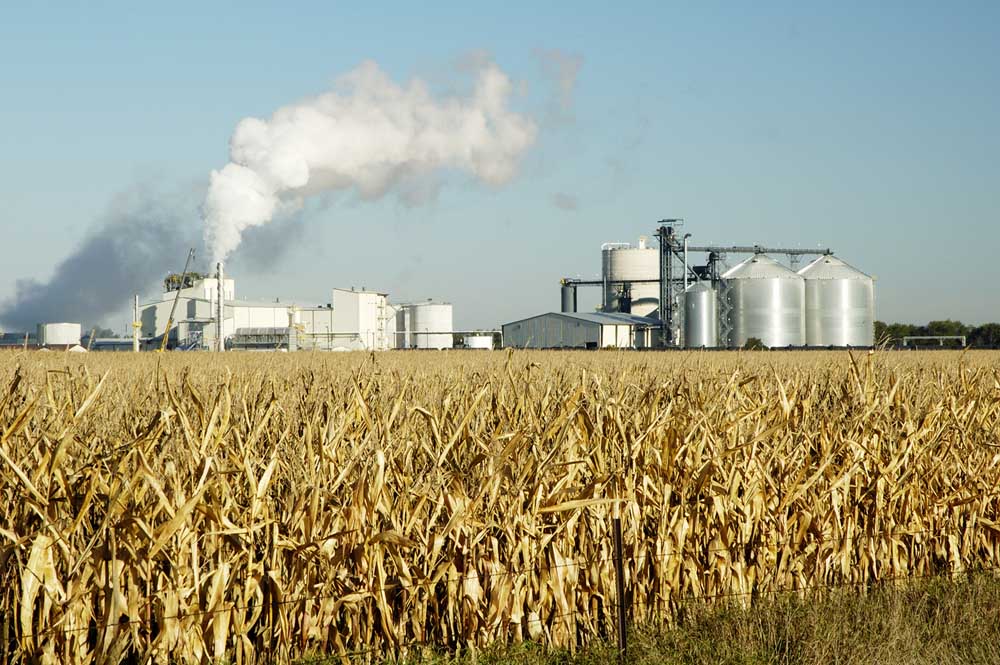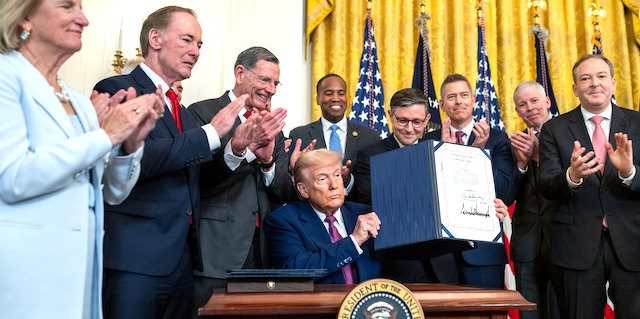Midwest farmers blast fuel laws spilling over from West Coast
Published 8:00 am Friday, October 28, 2022

- An ethanol production plant in South Dakota. The Environmental Protection Agency is proposing that more ethanol and other biofuels be used.
Midwest corn and soybean growers took their shot Oct. 24 at persuading a federal court to block California from phasing out gas and diesel vehicles and prevent other states, including Washington and Oregon, from following suit.
The farmers grow feedstock for ethanol and biodiesel and say they will be hurt by requirements that new vehicles be powered by electricity or hydrogen.
The ethanol industry processed more than 5.1 billion bushels of corn in 2021. Some 30% of soybean oil produced in the U.S. goes into biodiesel, according to a brief filed Oct. 24 in the U.S. Court of Appeals for the District of Columbia.
“By design, California’s greenhouse-gas standards and zero-emission-vehicle mandate reduce the demand for liquid fuels and their raw materials,” according to the brief.
The farmers sued the Environmental Protection Agency, which has the power to approve or deny California’s rules on zero-emission vehicles. The lawsuit was merged with two others.
The consolidated case involves 37 states; Los Angeles, New York and Washington, D.C.; several automakers; many environmental groups, and a handful of producers, distributors and retailers of fossil fuels and biofuels.
At issue is whether the Biden EPA can allow California to use the federal Clean Air Act to mandate zero-emission vehicles to fight climate change.
As California goes, so go other blue states and the auto market. Ford, Volkswagen, BMW, Honda and Volvo — all investing heavily in electric vehicles — have intervened on the side of California and the Biden EPA.
The suit originally challenged California’s plan to require an increasing percentage of new cars be zero-emission. Since then, the California Air Resources Board has banned new gas and diesel cars, pickups and SUVs beginning in 2035. The board on Oct. 27 had a hearing on banning all new diesel trucks by 2040.
Because the bans conflict with federal vehicle-emission standards, the EPA must approve them. If approved, other states can choose to follow federal or California’s standards. There is no third option.
Washington, Oregon and 18 other states have intervened to support California and the Biden EPA, while 17 states argue that allowing California to effectively dictate national energy and transportation policies is unconstitutional.
Congress gave California special status under the Clean Air Act because of its Los Angeles smog problem in the 1960s. Critics contend California has abused its status to take on a global problem that should be addressed by Congress.
The farm groups add that banning gas- and diesel-powered vehicles conflicts with the Renewable Fuel Standard, a congressional mandate to produce more biofuels.
The majority of corn grown in Illinois, Kansas, Michigan, Minnesota and Missouri go into making ethanol, according to court declarations.
Measured by cash receipts, corn and soybeans are the second and third most-valuable crops, respectively, in the U.S., according to the USDA. Cattle is number one.
California should not be allowed to substantially restructure the nation’s agricultural sector, the growers argue.
“Congress did not, and could not, authorize California, along among the 50 states, to assume a role as a junior varsity EPA and attempt to solve national and international issues like climate change,” the brief states.






